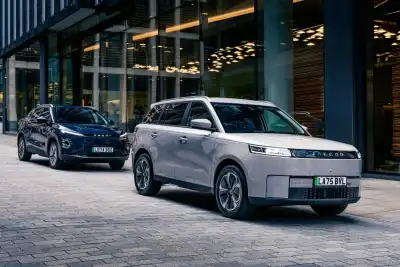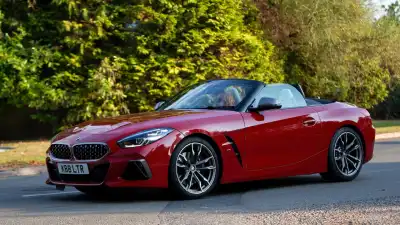
Drivers buying higher-priced cars could see their costs rise next year, as Rachel Reeves confirms changes to the Expensive Car Supplement (ECS) to encourage more people to switch to electric vehicles.
According to Budget documents leaked ahead of the announcement, the Office for Budget Responsibility revealed that the ECS threshold will rise from £40,000 to £50,000 in April 2026. This adjustment is expected to cost the Treasury £500 million in 2030–2031.
The ECS is applied for five years after a car is first registered, meaning someone buying a qualifying car in 2025–2026 would pay £2,370 in total. This works out at an average of £474 a year - an increase from the current £425 annual charge on vehicles costing more than £40,000.
Industry experts have long argued that raising the threshold would help support electric vehicle uptake, as EVs typically cost more than petrol and diesel models. The increase should make it easier for buyers to choose a new zero-emission vehicle without being hit by extra tax if its price sits just above £40,000.
Jon Lawes, Managing Director at Novuna Vehicle Solutions, welcomed the higher threshold but warned that the upcoming pay-per-mile charge for EVs could undermine progress. “It still feels like one step forward and two steps back,” he said.
Budget papers show the new £50,000 threshold will apply only to zero-emission vehicles and will come into effect from 1 April 2026, covering EVs first registered from 1 April 2025.
Matt Galvin, Managing Director of Polestar UK, also supported the move, saying that support for private buyers is vital to boost EV adoption. He added that while the Government’s additional £200 million investment in charging infrastructure is positive, it now needs to translate into rapid improvements - more reliable chargers, wider coverage and a network that gives drivers confidence to switch.



